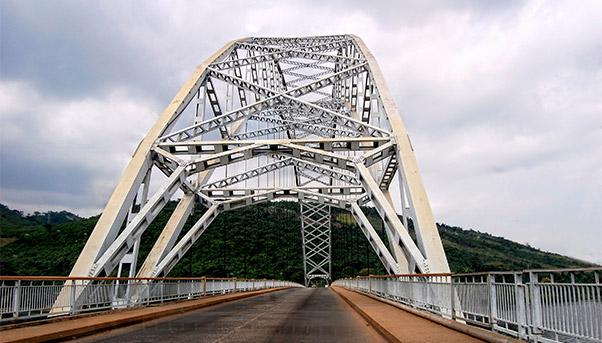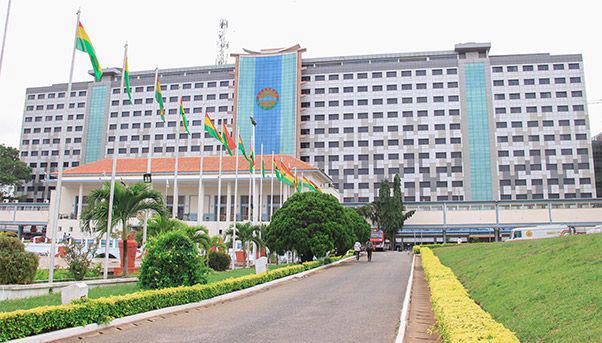
Africa will have its SkyTrain, too.
And it will be Ghana to build this elevated light rail service, a first for the continent.
The colossal project, set to cost $2.6 billion, represents a serious commitment on the part of the government to try to relieve Accra of maddening traffic and choking air pollution.
It belongs to a series projects – from roads to ports to airport terminals – that the government is pursuing to avoid the capital from becoming unliveable in the coming decade as the country’s economy and population grow at some of the fastest rates in the world.
Ghana’s president, Nana Akufo-Addo, proudly announced the SkyTrain project would go ahead in November during the 2019 African Investment Forum in South Africa.
«It’s a great day for Ghana», he was quoted as saying in a statement. «The signing of this agreement is on track to improve the lives of our citizens».
The SkyTrain will be financed by the Ghana Infrastructure Investment Fund (GIIF), an independent fund set up by the government, and the Africa Investment SkyTrain Consortium of private companies. It will also have the support of the African Development Bank, a regional multilateral development finance institution.
Ghana’s SkyTrain: the project that will bring Accra to the future
The SkyTrain will be a landmark project for Ghana, marking the country’s first step towards sustainable mobility. Soloman Asamoah, GIIF’s chief executive, said in a statement the elevated train will be able to transport 380,000 people every year. Its construction, meanwhile, will create about 5,000 jobs.
Accra is undergoing a profound process of urban renewal, fueled in part by a demographic boom. The population of Greater Accra is expected to reach 10 million people in 2037, according to estimates, which is 6 million more than the 4 million people that lived there in 2010.
The population growth is causing a considerable increase in traffic and air pollution levels. According to the Environmental Protection Agency of Ghana, about 3,000 people died due to causes related to air pollution in Greater Accra in 2015, a number that could reach 4,600 in 2030 if conditions remain unchanged.
To prevent this from happening, Mayor Mohammed Adijei Sowah is committed to fighting pollution in the city and automobile congestion through a series of measures. The construction of the SkyTrain meets the need to support the city’s development without running the risk that it becomes an unliveable metropolis.
But the commitment to improve quality of life for city residents is being implemented on several fronts. Water management is another central issue for Accra. The Odaw River basin is the cause of frequent floods that affect 2.5 million people and places an economic assets worth $3.2 billion dollars at risk. Last May, the World Bank approved an allocation of $200 million to build a series of water infrastructures in the Greater Accra to prevent flooding, all for the benefit of 4.6 million people.

The capital of a growing country
If infrastructure projects often become the symbols of the countries that host them, the Accra SkyTrain tells the story of Ghana’s desire to take flight.
At the end of 2019, according to the International Monetary Fund, Ghana will be the fastest growing economy in the world. Ghana’s GDP grew 8.8% in 2018, up from 5.6% the previous year. The country development is being driven by agricultural production and the coffee industry, which has achieved a considerable increase in exports. And also by oil, which remains one of Ghana’s greatest riches.
Faced with this growth, the country’s government is investing in infrastructure to support economic and social development. The transport sector is one of the most important. The government is investing in other parts of the transport and logistics sector, given its importance. It contributed 12.8% to GDP, according to the Ghana Statistical Service, the public statistics agency.
The two main ports are still being expanded, and the government is planning road network improvement projects in addition to the construction of a new airport terminal in Accra. Spending on development of roads and motorways increased in the 2019 budget by 142% compared to 2018, for a total of $281 million. The 280% increase in resources allocated to the rail transport sector is even more impressive.
In addition to the new Ghana’s Skytrain, the rail transport plan provides for a total investment of $21.5 billion by 2048, which will be used to partly modernize and partly build a 4,675 kilometre (2904 mile) network. This will be another tool to continue to support the growth of the country.

